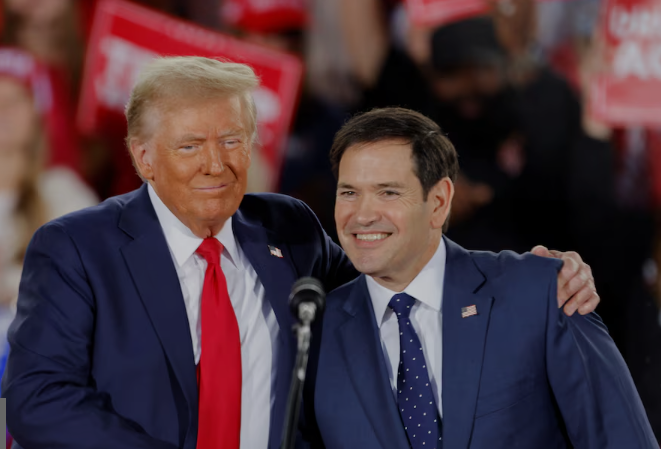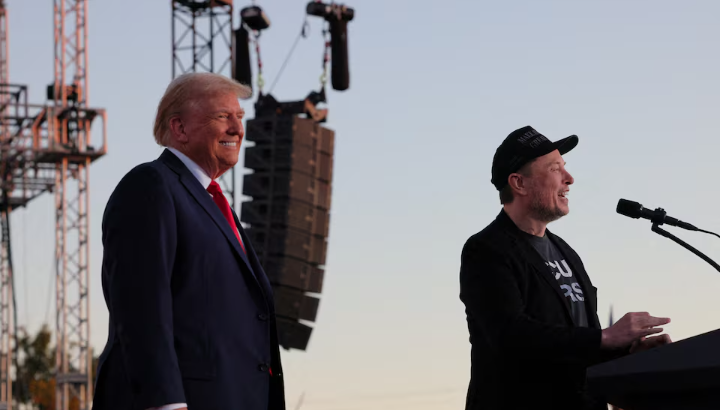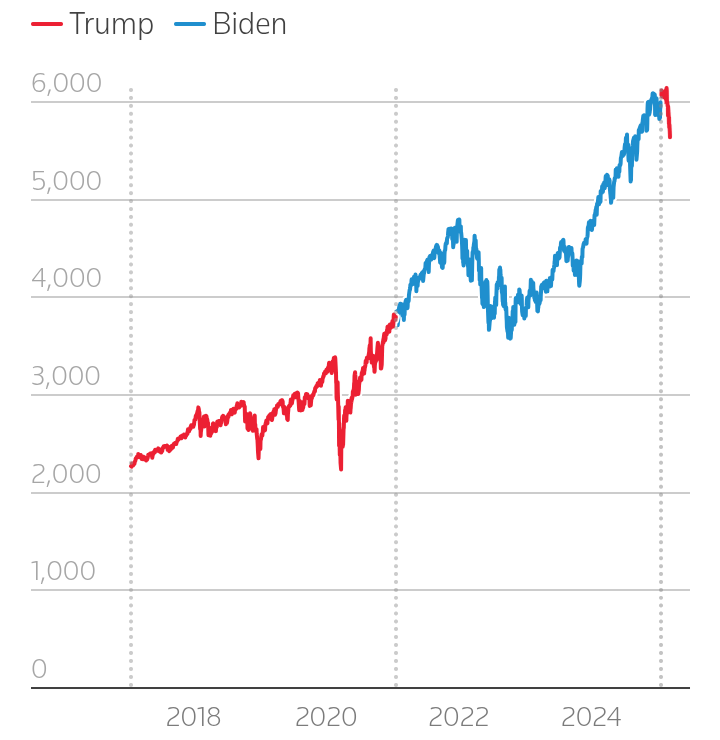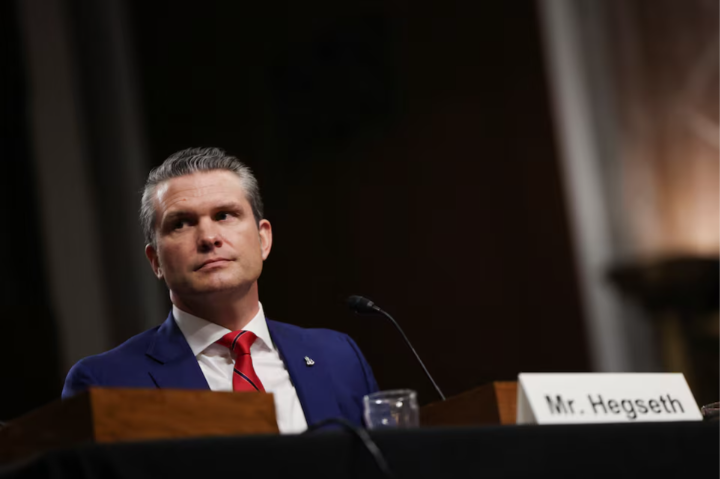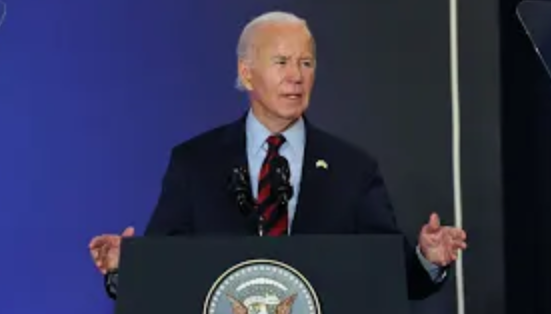Former President and President-elect Donald Trump is expected to nominate U.S. Senator Marco Rubio for Secretary of State, sources disclosed. This decision could position the Florida senator as the first Latino to serve in the role of America's top diplomat. Known for his hawkish views, Rubio has long advocated a strong stance on U.S. rivals, particularly China, Iran, and Cuba. His nomination marks a shift, however, as he has softened his foreign policy views in recent years to better align with Trump’s preference for a more restrained international presence.
The decision, while not yet publicly confirmed, has the potential to highlight a new Republican foreign policy approach—one that balances strength with strategic caution. In recent statements, Rubio indicated his support for a negotiated solution in the Ukraine conflict rather than an outright military focus on reclaiming all territories seized by Russia. This aligns with Trump’s critique of what he sees as costly, protracted U.S. interventions in conflicts abroad, instead favoring deals and restraint.
Domestically, Rubio's selection could play a key role in bolstering Trump’s standing with Latino voters, who have been increasingly open to Republican candidates. Trump’s success in the recent election owed partly to his popularity with Latino voters, and Rubio, the son of Cuban immigrants, may help the administration further consolidate this support.
Rubio’s foreign policy background includes a hardline stance on China. Sanctioned by Beijing in 2020 for his support of Hong Kong’s democracy protests, Rubio has frequently championed stricter measures against China’s influence. He was instrumental in calling for a national security review of TikTok and has pushed for more stringent regulations on Huawei. With experience as the top Republican on the Senate Intelligence Committee, Rubio has also pressured the Biden administration to block high-tech sales to Huawei and other sanctioned Chinese firms, citing national security.
If confirmed, Rubio’s tenure could bring an unprecedented focus on Latin American issues. Mauricio Claver-Carone, a close Rubio ally and former president of the Inter-American Development Bank, suggests this would mark a historic shift, making Latin America a core area of U.S. diplomatic interest. Rubio has been a consistent critic of authoritarian regimes in the region, including Cuba and Venezuela, and has resisted moves to normalize relations with these governments, an approach that Trump has supported.
Not all of Trump’s base may welcome Rubio’s nomination. While Rubio has realigned on certain issues, he has previously held views at odds with Trump’s vision, including his 2017 co-sponsorship of legislation that would make it harder for a U.S. president to withdraw from NATO. Trump's recent campaign statements hinted that the U.S. could reduce its NATO commitment if allies fail to meet military spending targets. However, Rubio’s hawkish stance on Cuba and China, alongside a greater emphasis on regional diplomacy in Latin America, could offer a more pragmatic and region-focused agenda that aligns with Trump’s evolving foreign policy vision.
As Rubio steps into the spotlight as a likely nominee, his selection suggests that Trump's second term may take a nuanced approach to foreign relations—balancing influence in key regions like Latin America and Asia while pursuing a more restrained global strategy.

